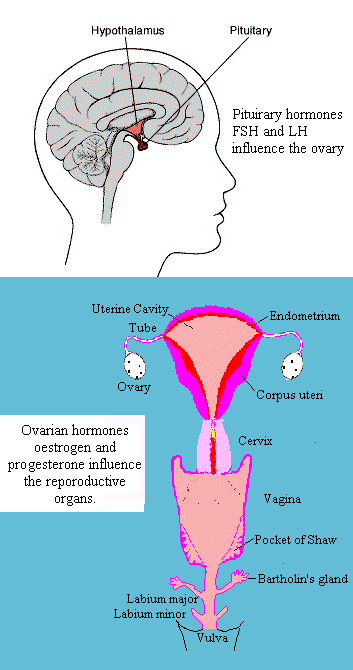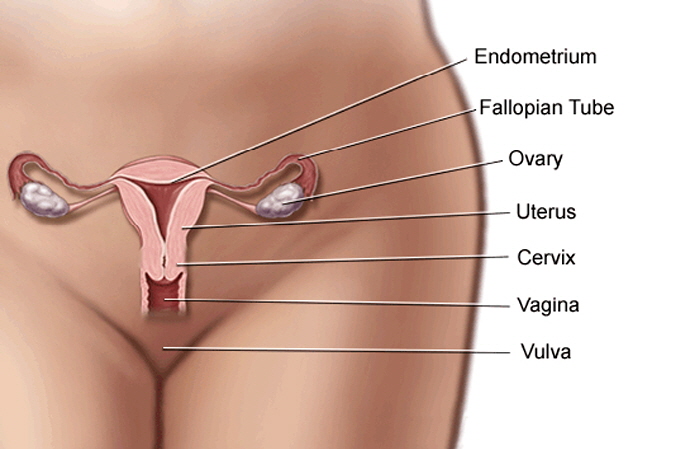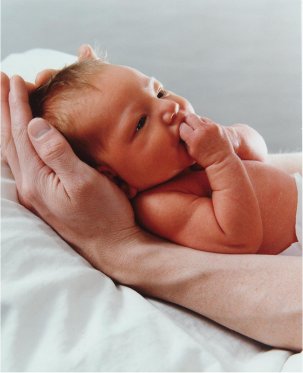Facts about Fertility
-
Ovulation (the release of one or more eggs from an ovary) occurs within a 24 hour period and only once during a menstrual cycle.
-
Day 1 of menstrual bleeding is the first day of the cycle.
-
The time interval from day 1 to ovulation may vary.
-
The time interval from ovulation until menstruation is about 2 weeks.
-
Ovulation will occur early in a short cycle and later in a long cycle.
-
Observing the cervical mucus symptom gives information about being potentially fertile or infertile on a day by day basis.
-
The fertility and infertility patterns ahead of ovulation vary from woman to woman.
-
Once released from the ovary, the ovum (egg) lives for 12-24 hours, unless fertilised.
-
Sperm cells need suitable cervical mucus to survive and reach the ovum in the Fallopian tube.
-
Sperm cells may live for 3-5 days in suitable cervical mucus. At infertile times they will survive in the vagina for only an hour or two.



Billings Method
-

Billings Method
Understanding the Billings Method
-

Charts – The Visual Record
The graphical record is a bar chart.
-

Charting and Rules
Observations, Charting
and Rules
-

Variations of the Cycle
Normal Fertile Cycle
-

Achieving pregnancy
Achieving pregnancy by acts
of intercourse
-

Breast Feeding
The billings Method during breastfeeding

JABFM – Online Survey
The Performance of Fertility Awareness-based Method Apps Marketed to Avoid Pregnancy; JABFM July–August 2016 Vol. 29 No. 4 pp. 508-511. Introduction: In recent years there has been an explosion in the development of medical apps, with more than 40,000 apps now available. Nearly 100 apps allow women to track their fertility and menstrual cycles and can be used to avoid or achieve pregnancy…
Read the full article here »


